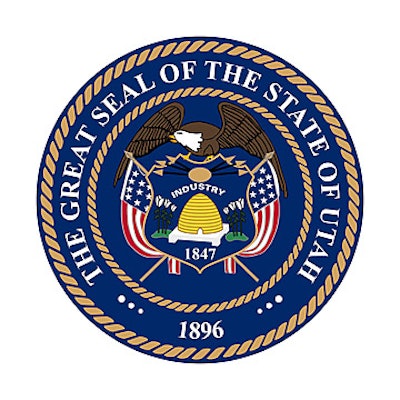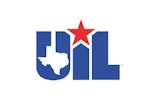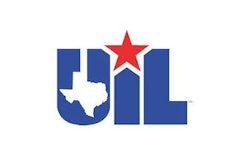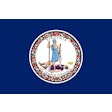
Utah Senate president Stuart Adams thinks the amount of money collegiate student-athletes are making is "messing with their heads."
Adams made the comments after being asked about new NIL legislation being considered in Utah, which seeks to create statewide policy governing how student-athletes can be paid.
“I really don’t like it [NIL], but it’s what we have. We’re trying to compete to get the best athletes here,” Adams said, according to The Salt Lake Tribune, noting that giving players "astronomical' amounts of money is ruining college athletics.
“I’ve heard some of these college athletes are talking about whether they ought to buy a Rolls-Royce or what other kind of car they ought to buy. Their focus has gotten away from getting an education to totally athletics, and I think it’s messing up their minds,” Adams said. “It’s unsustainable from a budget perspective, and I think it’s wrong for the athletes themselves. I think it’s way too early and refocuses their minds away from focusing on college.”
Senate Majority leader Evan Vickers admitted there's no going back, but said that something has to be done to ensure that Utah's schools aren't left behind.
“We have to have our athletes and our schools be able to compete on a level playing field. The pendulum has swung in one way, and big money is flowing, especially in power conferences. If [Utah] can be a player, we need to be. We cannot pull the rug out from under them and put them in an uncompetitive situation,” Vickers said.
HB 202 sets guidelines around NIL programs and allows universities to give perks to donors who financially support NIL collectives. Student-athletes must also disclose any NIL deals to the university to ensure it does not conflict with school policies.
Adams defended a provision in the bill that would shield NIL deals from the state's open records law.
“When you’re an athlete and you come to Utah and have to disclose everything you do, and you can go to Nevada and not do it, it puts you at a competitive disadvantage to try and attract athletes,” Adams said.





































